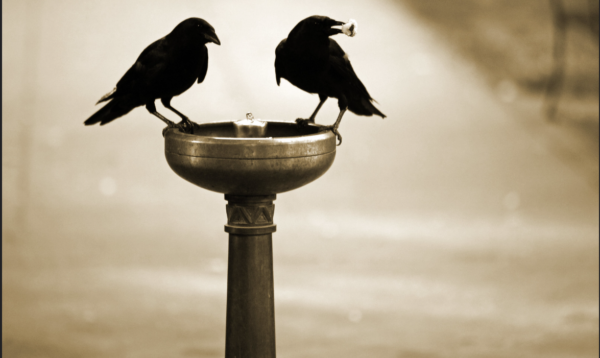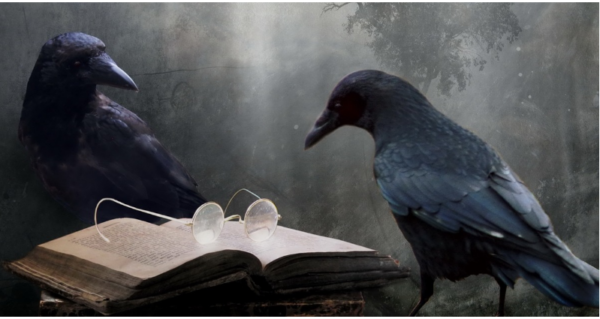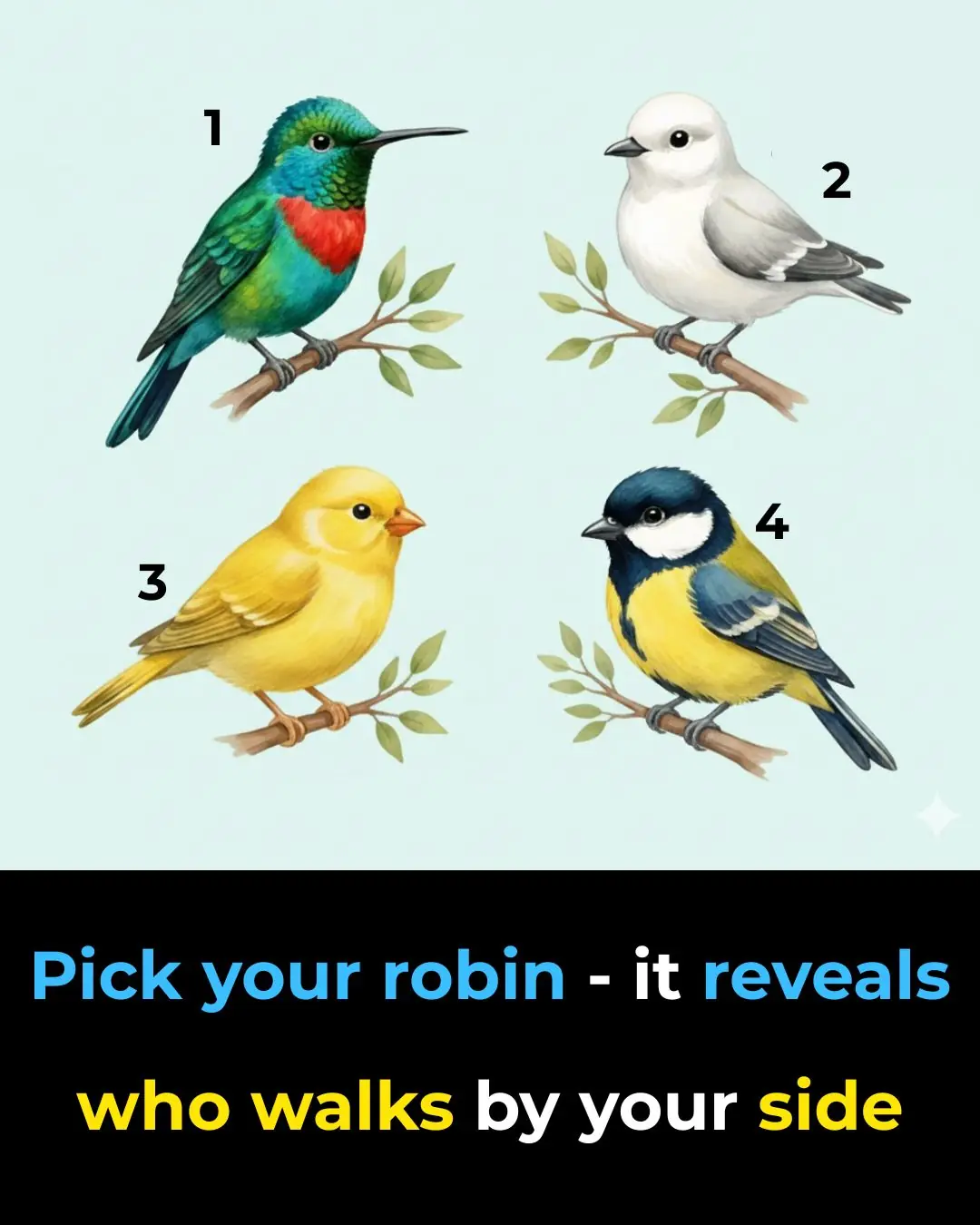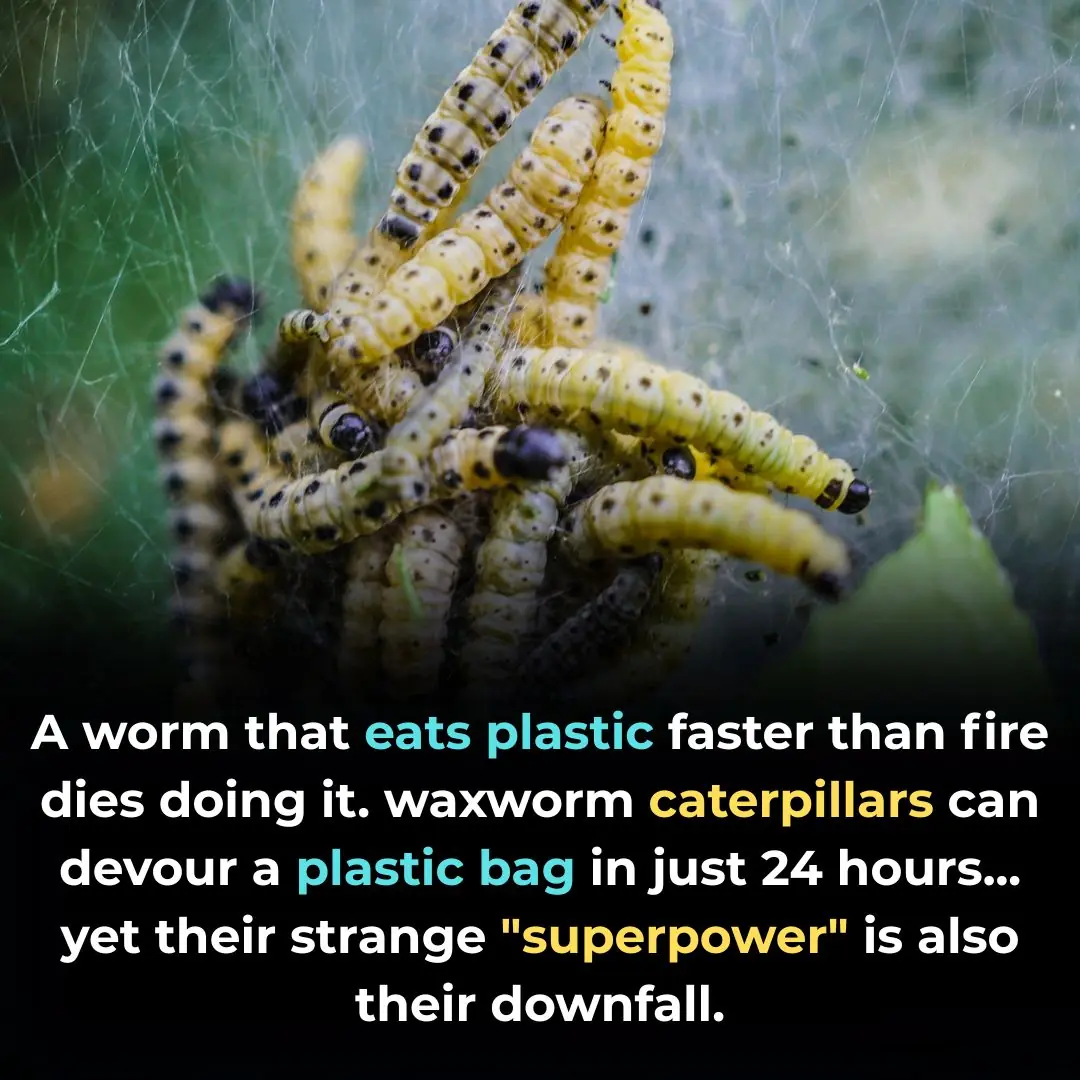
Scientists Find Crows Are Capable of Recursion — A Cognitive Ability Thought to Be Unique to Humans and Other Primates


According to a recent scientific study, crows possess a remarkable cognitive ability once thought to be uniquely human: recursion — a core element of language complexity. This finding sheds new light on the intelligence of crows and challenges long-standing assumptions about the cognitive limits of non-human animals.
![Image credit: Ian Sane]
In the early 2000s, renowned linguist Noam Chomsky and his peers proposed that recursion was a fundamental and exclusive feature of human language. Recursion refers to the ability to embed structures within structures, allowing for infinitely complex and nuanced expressions. It was believed to be the defining trait that set human language apart from all other forms of animal communication.
However, this idea has gradually been called into question. A 2020 study demonstrated that rhesus monkeys are capable of understanding recursive patterns, with performance comparable to that of human children aged three to four — although the monkeys needed some additional training to reach this level. Now, a new study shows that crows, too, can grasp recursion, and perhaps even more efficiently than monkeys.
What Is Recursion, Exactly?
To understand the significance of this discovery, it helps to look at an example. Take the sentence: “The rat the cat chased ran.” It’s a bit tricky at first glance, but adult humans instinctively understand that “the rat ran” and “the cat chased (the rat).” This pairing of related elements — even when they’re embedded within a larger structure — is a hallmark of recursive thinking.
In simpler terms, recursion is the mental ability to recognize that one meaningful structure can be nested inside another. This ability allows humans to generate and comprehend sentences of virtually limitless complexity. It’s a foundational component of syntax and symbolic thinking — and now, apparently, not exclusive to humans or even primates.
Crows Rise to the Challenge
Researchers from the University of Tübingen in Germany sought to explore whether crows, members of the corvid family known for their intelligence, could understand recursive patterns as well. Using the same methodology as an earlier study conducted at the University of Wisconsin with rhesus monkeys, the scientists designed a test based on symbol sequences.
In the test, the crows were shown sequences made up of symbols like parentheses and brackets — for example, "<( )>". The task was to identify matching pairs of symbols, including those that were embedded within larger sequences. After mastering simpler sequences, the crows were challenged with increasingly complex symbol strings to assess whether they could continue identifying the nested, or recursive, structures.
Surprisingly, the crows succeeded in identifying the correct pairs in about 40% of the trials — a success rate that matched that of the rhesus monkeys. However, unlike the monkeys, the crows achieved this performance without the extensive training their primate counterparts required. This suggests that crows may have a more natural or intuitive grasp of recursive structure, at least under these experimental conditions.
![Are crows capable of understanding language? Image credit: h.koppdelaney]
Implications for Animal Cognition and Language
These findings are significant not only because they demonstrate recursion in birds but also because they broaden our understanding of animal intelligence across species. If crows — who are not primates — can understand recursion, then this cognitive skill may have evolved independently in different branches of the animal kingdom. It also opens the door to the possibility that other intelligent animals, such as dolphins, elephants, or even octopuses, might be capable of similar feats.
The results challenge the long-held notion that complex symbolic thought and hierarchical understanding are exclusive to humans or even to primates. They also reinforce what many scientists have suspected for years: that crows, along with other corvids, are among the most intelligent animals on Earth.
While the crows' ability to understand recursion doesn’t mean they possess language in the human sense, it does indicate that they are capable of recognizing and processing abstract patterns — a foundational step toward more complex communication systems.
News in the same category


Pick Your Robin

Elon Musk Urges Millions to Cancel Netflix as Boycott Gains Viral Momentum

Earth’s Energy Imbalance Doubles Speeding Up Climate Change

15+ Things Women Find Unattractive in Men Over 50

Strongest solar flare of 2025 erupts from sun, sparking radio blackouts across Europe, Asia and the Middle East (video)

Why Driest Desert on Earth Sometimes Blooms? And What Secrets Revealed?

Norway Is the World’s First Nation to Ban Deforestation

British Father and Son Become First to Swim Through Point Nemo, the Farthest Point From Land on Earth

Life on Tristan da Cunha – The World’s Most Isolated Island with Only 264 Residents

The Growing Threat of Space Debris: Managing Earth’s Crowded Orbit

Moses’ Miracle: Walk on Water at Barra Grande Beach

If Your Ex Unblocked You, Here’s What It Means

Why Cats Leave Home and Don’t Return

Shocking change to Xbox Game Pass has many people canceling their subscription

What really happens to your iPhone's battery health when you charge to 80% instead of 100%

The World’s First Living Biocomputer: Where Brain Cells Meet Technology

2,000 Worms vs. 1 Plastic Bag a Day: A Surprising Discovery in Canada

The moon and Saturn meet—October 5
News Post

Jennifer Hudson Champions Musical Inclusivity Amid Super Bowl Language Debate

Jennifer Hudson Cheers on Bad Bunny’s Super Bowl Swagger — and Starts Learning Spanish Herself

Charli XCX shares cryptic video after Taylor Swift’s ‘Actually Romantic’ diss

NY authorities clamp down on liquor store openings citywide as booze demand plummets

Desperate rescue effort underway to save hundreds of hikers stuck on Mount Everest after snowstorm

Six signs you may be a functioning alcoholic according to doctor

Pineapple Water: A Refreshing Drink That Supports Your Health

The Silent Threat: Recognizing Early Signs of Kidney Disease and Lifestyle Prevention

A Heartwarming Encounter: A Child’s Innocence and the Power of Love.

The Stranger Who Stopped: How One Man’s Compassion Saved a Life on a Busy Georgia Road

Baking Soda (Bicarbonate of Soda): Uses and Benefits (Science Based)

A Father’s Day Gift Like No Other: A Daughter’s Kidney, A Father’s Second Chance

Benefits of Walking: Why Walking is One of the Best Forms of Exercise 🚶♀️

Maliyah’s Fight: A Fifteen-Year-Old Cheerleader Battling Stage 4 Cancer With Courage and Faith

No Cake, No Balloons: A Firefighter’s Quiet Birthday of Purpose and Service

Orangutan Secretly Watches Over Woman During Jungle Survival Challenge

“The Stranger on a Plane: How One Man’s Kindness Gave a Mother the Gift of Rest”

A Little Fighter’s Final Victory: Remembering Bryson’s 1,027-Day Battle

A Match Made in Dog Heaven: A Toddler and Her Puppy Who Share a Special Bond
